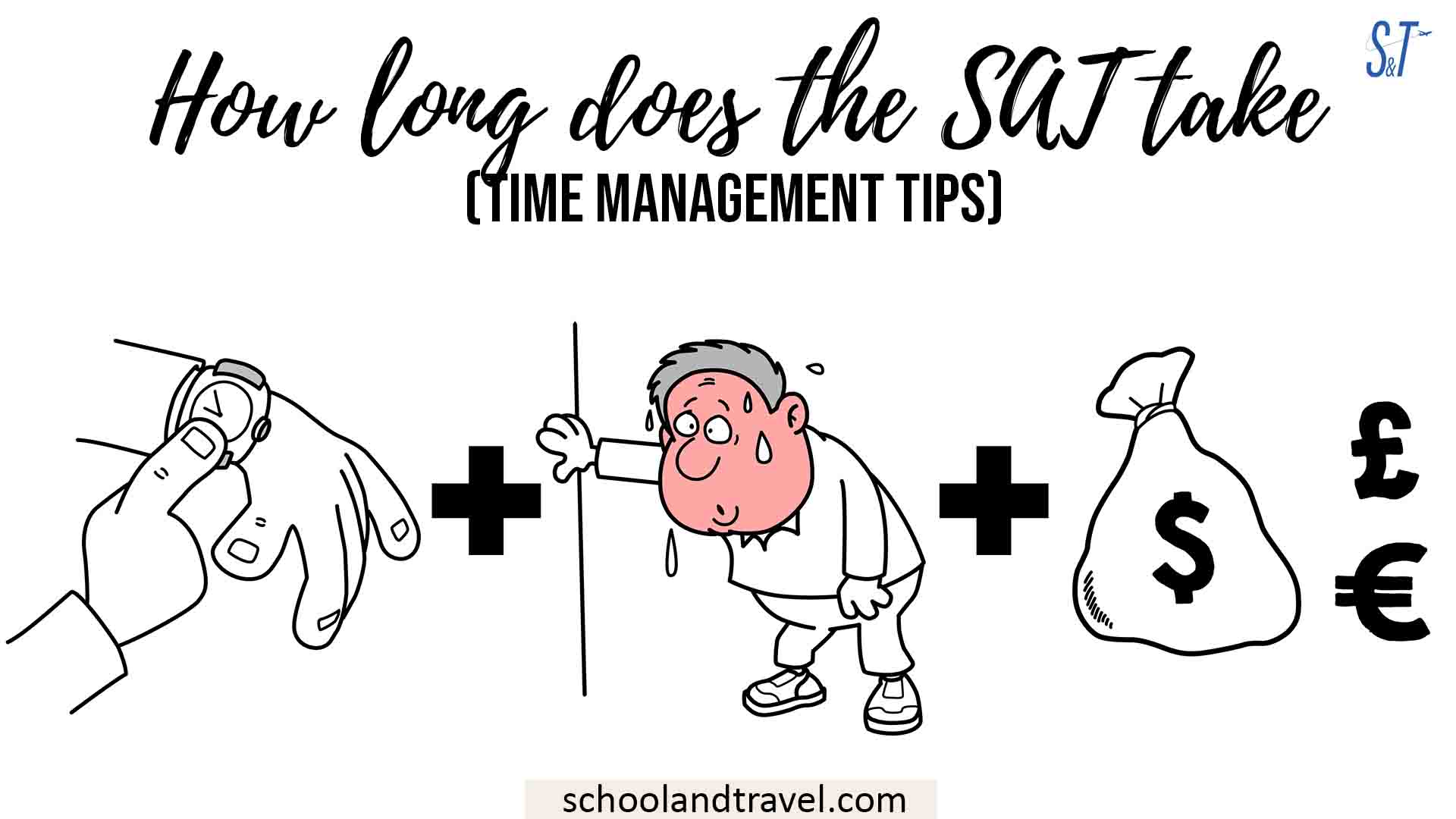Attending a court session where litigation experts compete against each other in dramatic court hearings is a pretty interesting encounter.
Events like this encourage several young students to study to become trial attorneys since the defence of individuals in court is the task of a trial attorney.
Who is a Trial Attorney?
A trial attorney is an attorney who introduces the client to court and defends them to prove that they are not guilty.
Trial attorneys specialize in defending the case and participating in the trial.
They also discuss applications and plan the entire case, legal findings, and performance.
Before representing a client, a trial attorney meets with the client to understand the case’s complexity.
On the other hand, a trial lawyer plans the arrest warrant, checks files, contacts witnesses, speaks to clients, and takes statements out of court.
The attorney prepares appointments, meets with judges, argues motions, selects jurors, and hears cases in the courtroom.
The process of becoming a Trial Attorney:
To become a trial attorney, an applicant must have at least a law degree. After obtaining a government license, you can work as a full-time trial attorney.
With in-depth legal knowledge, analytical focus, and excellent communication skills, anyone can be a successful trial attorney.
How long does it take to become a trial Attorney?
To become a litigator, you typically need a bachelor’s degree followed by a three-year law degree.
If you complete your undergraduate degree in the typical four years, then you should expect to spend seven years of schooling before becoming a trial attorney.
Benefits of Trial Attorney
Procedure Preparation:
The benefits of hiring an experienced trial attorney for a case includes the ability to prepare for the procedure, which can be difficult without one.
A trial attorney needs to determine the most effective strategy for presenting your case.
The procedure involves writing opening and closing statements, preparing witnesses to testify, and preparing for the jury selection.
Although most personal injury cases do not go to trial, you will need a trial lawyer who knows how to prepare for one if one is necessary.
A trial attorney knows how much your claim is worth.
Moreover, most of us have no idea how much money we can make from our injury claims.
Understanding of the nuances:
A solid understanding of the nuances of each injury case is required.
This involves identifying damages, quantifying suffering, knowing how insurance companies usually work, and negotiating better claim settlements.
When you’re pursuing private damages, you need a legal professional who will assist you get a better repayment deal as possible.
Trial lawyers help you document that by threatening and pursuing a lawsuit, however, you show insurance companies that you are not willing to accept a lowball offer.
Better Deal Agreement:
Being motivated to visit the courtroom docket will let you achieve a higher agreement and land a better deal than you’ll have without going to court.
Making an insurance claim can quickly cost a lot of money.
Most trial attorneys handle these cases on a contingent basis, and you don’t have to pay any hidden costs, which is why it is always good to hire a trial attorney for a better settlement.
Even if you know your situation well, you may not be very familiar with the strict legal procedures involved in litigating or arbitrating your claim.
Usually, this consists of knowing the correct legal documents to be presented, filling out forms, and much more.
You don’t want to part with your insurance settlement cash just because you missed a minor lawsuit.
On the other hand, a trial attorney will continually improve your chances.
If you are going against an insurance company, you should know that it is a bitter fight in which you will need powerful weapons.
But, a trial attorney can quickly bring you solid knowledge and bargaining power and make sure you get the best possible settlement.
Better Insurance Contract:
A qualified trial attorney can always increase your chances of getting the best insurance contract.
Hiring a trial attorney will achieve the primary goal of having your case reviewed, analyzed, challenged, and presented by an attorney who is experienced in criminal trials, and not just by facilitating confessions of guilt.
Top schools to study Trial Attorney:
These are top law schools for criminal defence training:
- Temple University (Beasley)
- Baylor University, Stetson University
- Illinois Institute of Technology (Chicago-Kent)
- Loyola Marymount University
- South Texas College of Law Houston
- University of California Los Angeles
- Fordham University
- Samford University (Cumberland)
Potentials of a Trial Attorney
A trial attorney must first and foremost be familiar with the law and keep abreast with changes in the law throughout their career.
Legal proceedings are complicated and filled with a multitude of facts and problems.
A trained trial attorney will be able to spot minor issues that could define or destroy a case.
On the other hand, a trial attorney personality must also meet the requirements of the position; while you need to be an intelligent and astute negotiator, you need to be personable, persuasive and get along with others.
You also need to have a degree of subtlety that allows confrontation and assertiveness while maintaining an open line of communication.
Moreso, trial attorneys must excel in oral and written communication skills. This type of communication needs to be skilful, persuasive, and legally correct.
Duties of a Trial Attorney
- Representing a client in the process and the client’s case on their behalf.
- Study court decisions and examine the law relevant to the case they are accepting.
- Meet and update their clients regularly.
- Discuss with the client the options and strategies to be chosen during the trial, the client’s witnesses interview, take countermeasures and present the client’s case in court.
Criteria to study Trial Attorney
These are the necessary basic qualifications, work experience, and skills that must be met to become a successful litigator.
Required Qualification
To qualify to become a trial attorney, applicants must have studied LLB for 5-years or LLB for 3-years.
Students with an LLM degree are also suitable for the chosen professional profile.
Moreso, candidates having only diploma or certificate courses are not eligible to be a trial attorney.
Advantages of Trial Attorney Profession
- The job offers maximum satisfaction and it is emotionally rewarding.
- Every day brings new intellectual difficulties that require both analytical and problem-solving skills.
- The trial attorney job never gets monotonous, and learning never stops. A trial attorney enjoys many privileges and advantages, including financial rewards and office facilities.
Challenges of the Trial Attorney profession
- Notwithstanding the potential for great income and working liberty, trial attorneys encounter a number of problems in their tasks, including poor public opinion, demanding clients, overwhelming evidence, time limits, and stress.
- No matter what they may think of an abusive client with a history of heinous crimes, a trial attorney’s ethical obligations require fair representation.
- Trial attorneys face public critics for their role in defending suspects, which many believe to be guilty.
- A trial attorney hopes for the accuracy and honesty of the data made available by clients to provide the best possible defence.
- When clients lie or withhold information, the trial attorney may appear silly in court.
- Clients tend to make unrealistic demands and expectations from the defence counsel, which are unrealistic given the reality of the case at hand.
- The work can be very stressful due to long hours and mental exhaustion; a trial attorney can face unrealistic deadlines throughout their career.
- Sometimes customers can get very arrogant and intolerant, which makes it challenging to work with them.
Basic income of a Trial Attorney
On average, the basic income of a trial attorney in the United States was $ 104,469 as of October 2021. The average income range between $89,063 and $120,838 general.
Basic income tends to change depending on important qualities such as education, additional skills, certifications, and the number of acquired years of experience.
Conclusion
Trial Attorneys are very important professionals. Becoming one makes a person a relevant asset in society.
Since they help in litigation and criminal cases, which helps to make society a better place for all to live, one cannot compromise on their essence.
Awesome one; I hope this article answered your question.
Share this Information.
Editor’s Recommendations:
- How to Create a Balanced Plate: The Key to Healthy Eating
- How to Start a Virtual Book Club with Friends
- The Top Credit Score Hacks Every Young Adult Should Know
- The Pros and Cons of Rental Property as a Passive Income Stream
- Enhancing Your Clinical Psychologist Job Prospects with Professional Help
- The Impact of Graphic Design School on Your Future Earnings Potential
- 7+ College Scholarships for Muslim Students (FAQs)
- Flavor of the Month Scholarship 2024 (Requirements, FAQs)
- Vegetarian Scholarship (Requirement, Deadline, FAQs) | 2025
- John and Abigail Adams Scholarship 2022-2024 (Eligibility, Deadline)





